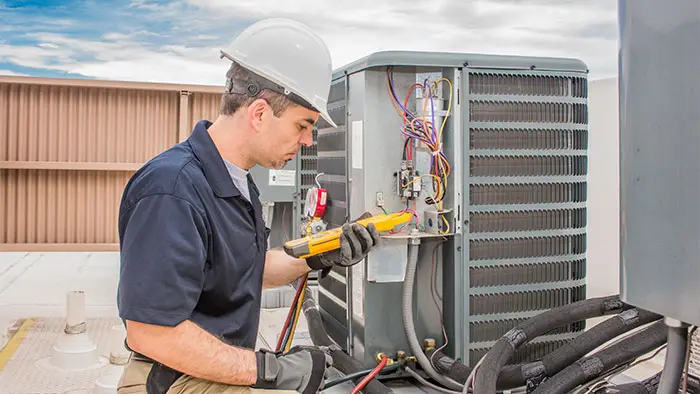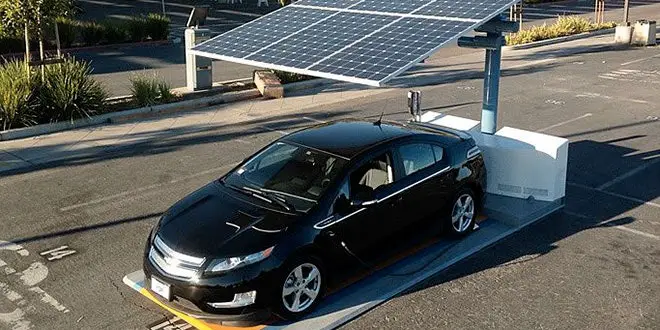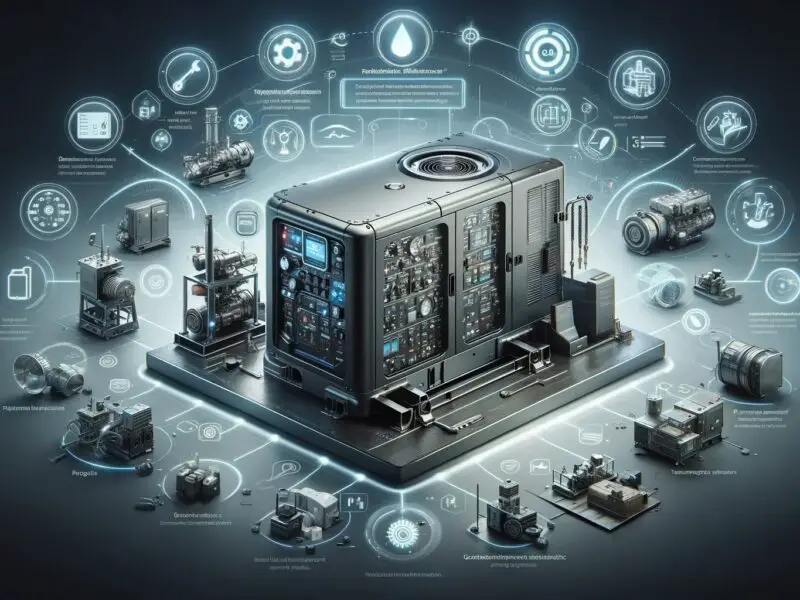Introduction
Are you fully aware of the safety precautions and legal regulations surrounding the use of generators? As a business, it’s paramount to understand these aspects to ensure the safety of your operations and compliance with the law. This comprehensive guide will delve into the safety measures to take when using generators and the legal regulations in different regions. We’ll also provide evidence and examples to back up our main points.
Safety Precautions When Using Generators
Generators, while incredibly useful, can pose serious risks if not handled correctly. Here are some safety precautions to consider:
Proper Installation
Generators should always be installed by a qualified electrician. This ensures that the generator is correctly connected to your building’s electrical system and reduces the risk of electrocution or fire. Improper installation can lead to disastrous consequences, including damage to your electrical appliances and even a fire outbreak.
Use in Well-Ventilated Areas
Generators produce harmful exhaust gases, including carbon monoxide, a deadly, odorless, and colorless gas. Therefore, they should always be used in well-ventilated areas to prevent carbon monoxide poisoning. Never operate a generator indoors or in enclosed spaces such as garages, basements, or tents.
Regular Maintenance
Regular maintenance is essential to keep your generator in good working condition. This includes checking for leaks, changing the oil, and replacing worn-out parts. Regular maintenance not only ensures the longevity of your generator but also prevents accidents caused by malfunctioning equipment.
Proper Fuel Storage
Fuel for generators should be stored in approved safety containers and kept away from living areas and fuel-burning appliances. Improper storage of fuel can lead to fires or explosions.
For more detailed information on generator safety, check out our article on A Guide to Portable Generators: Operation, Features, and Safety Precautions.
Legal Regulations Surrounding Generator Use
Legal regulations surrounding the use of generators vary by region. Here are some general legal considerations:
Noise Regulations
Many regions have noise regulations that limit the amount of noise a generator can produce. Excessive noise can lead to fines and penalties. It’s important to choose a generator that operates within the acceptable noise levels in your area.
Emission Standards
Generators must meet certain emission standards to reduce their environmental impact. These standards are set by environmental agencies and vary by region. Non-compliance can result in hefty fines and penalties.
Building Codes
Building codes may dictate where a generator can be installed and how it should be connected to a building’s electrical system. Non-compliance with building codes can lead to fines and may also void your property insurance.
For more information on the legal regulations in your area, consult with a local electrician or your local government’s building department.
Generator Types and Their Regulations
Different types of generators may have different safety precautions and legal regulations. Here are some examples:
Portable Generators
Portable generators are versatile and can be used in various settings. However, they should be used outdoors and away from windows, doors, and vents to prevent carbon monoxide poisoning. They are also subject to noise and emission regulations. Check out our article on Is Having a Portable Generator Worth It? for more information.
Standby Generators
Standby generators are permanently installed and automatically start when there’s a power outage. They must be installed by a professional to ensure they meet local building codes. They are also subject to noise and emission regulations. Read our guide on Standby Generators: An Essential Guide for more details.
Inverter Generators
Inverter generators are quieter and more fuel-efficient than traditional generators. However, they may have stricter emission standards due to their advanced technology. Learn more in our article What are Inverter Generators: An Essential Guide.
Solar Generators
Solar generators use the sun’s energy and produce no emissions. However, they may be subject to regulations regarding the installation of solar panels. These regulations may include permits and inspections. Read more in our article Portable Solar Generator: Everything You Need to Know.
Conclusion
Understanding the safety precautions and legal regulations surrounding the use of generators is crucial for businesses. It ensures the safety of your operations and helps you stay compliant with the law. Remember, when in doubt, consult with a professional.
For more information on generators, check out our articles on What are Generators Used For?, How Do Power Generators Work?, and What Size Generator Do I Need to Run My Whole House?.
Stay safe and power on!
Note: This article is intended as a general guide and does not constitute legal advice. Always consult with a professional for advice specific to your situation.



